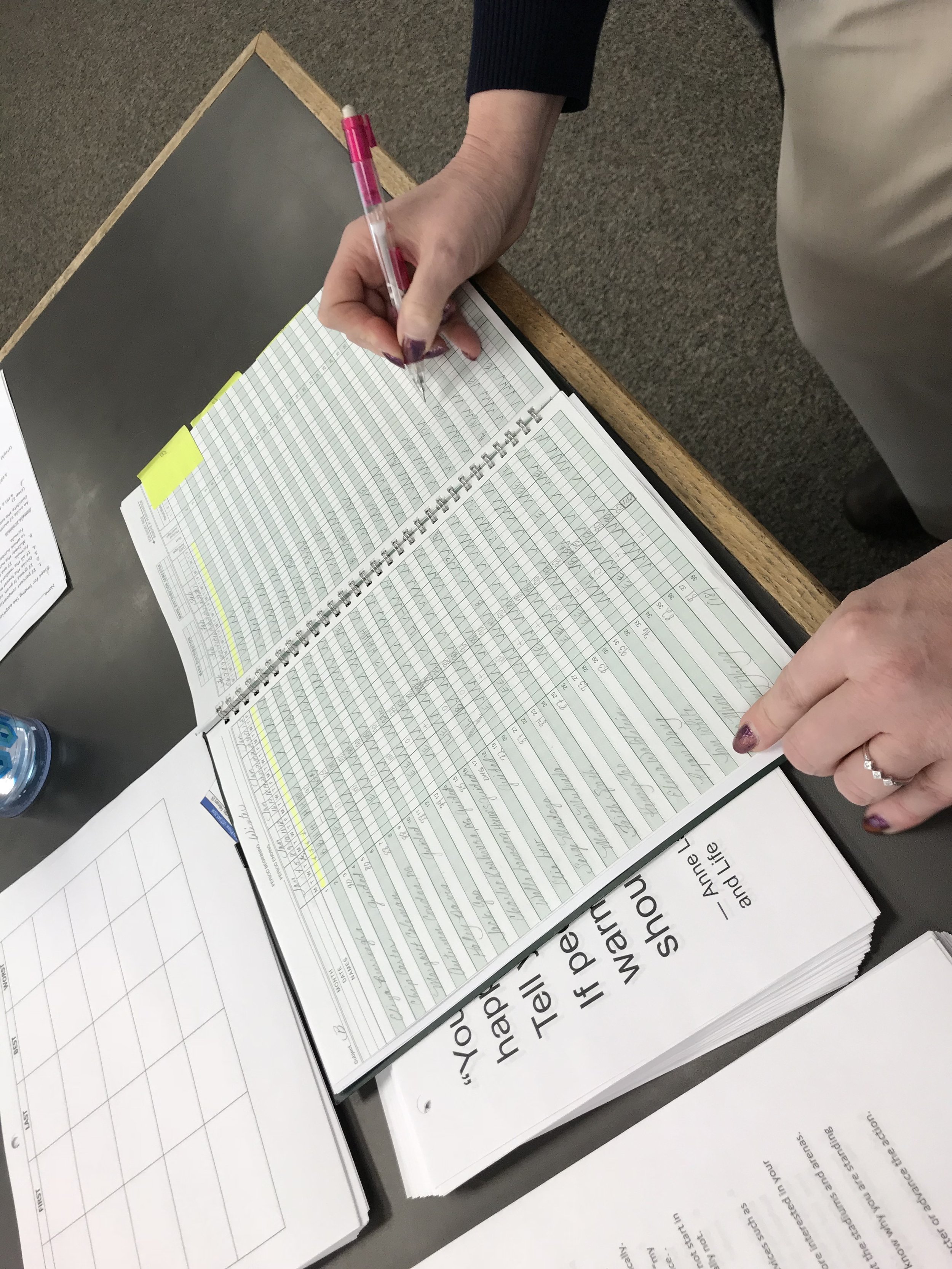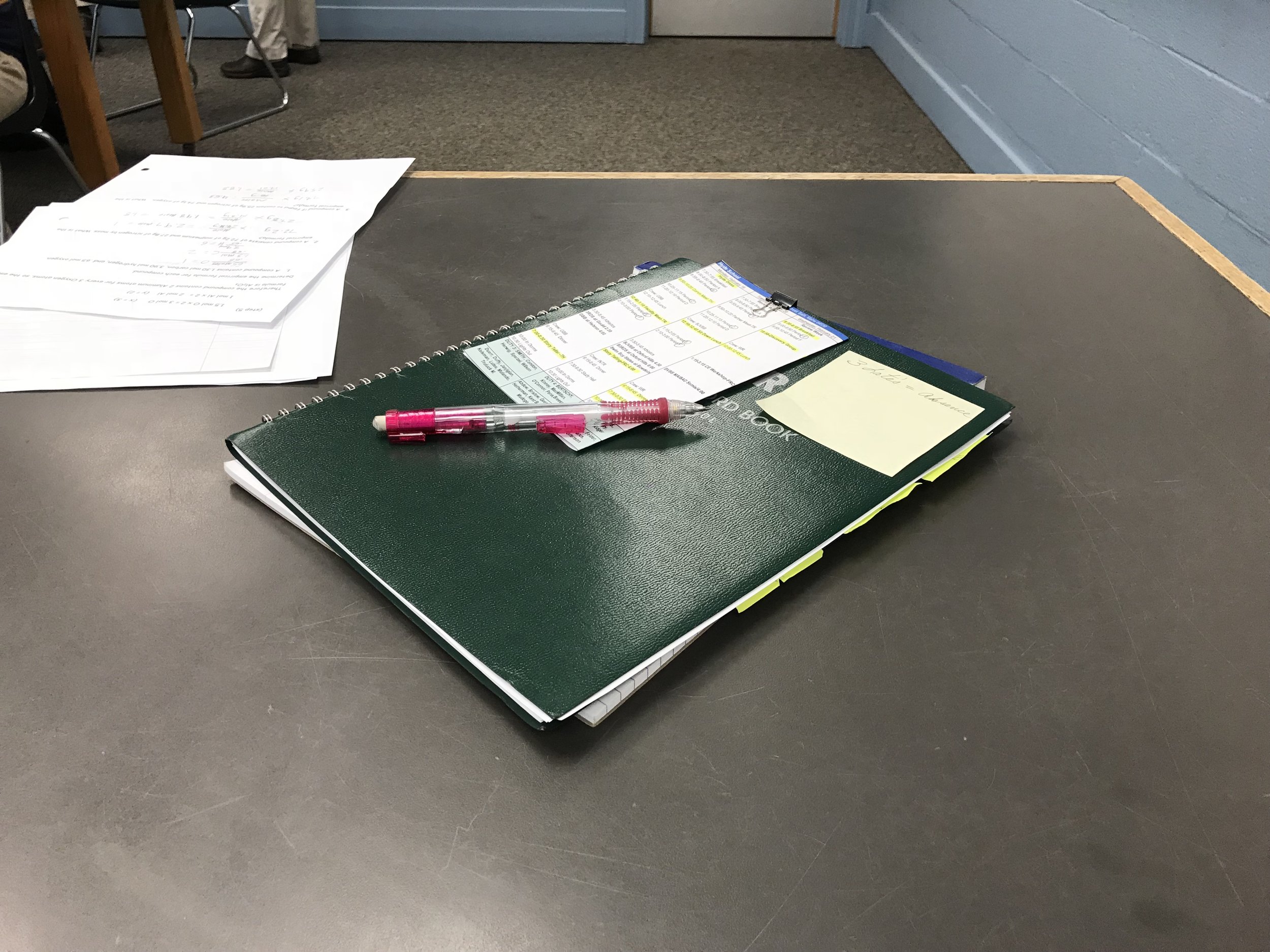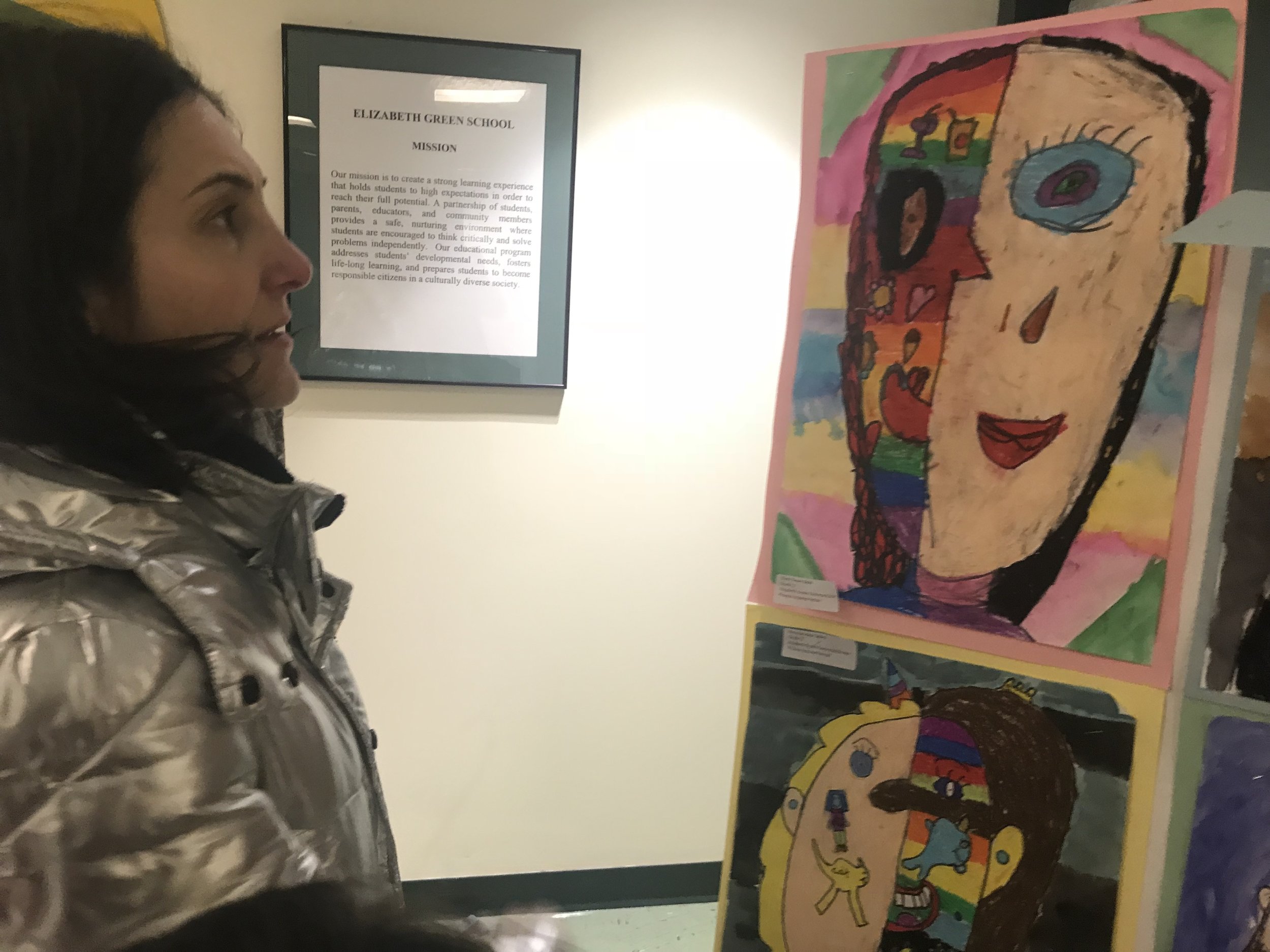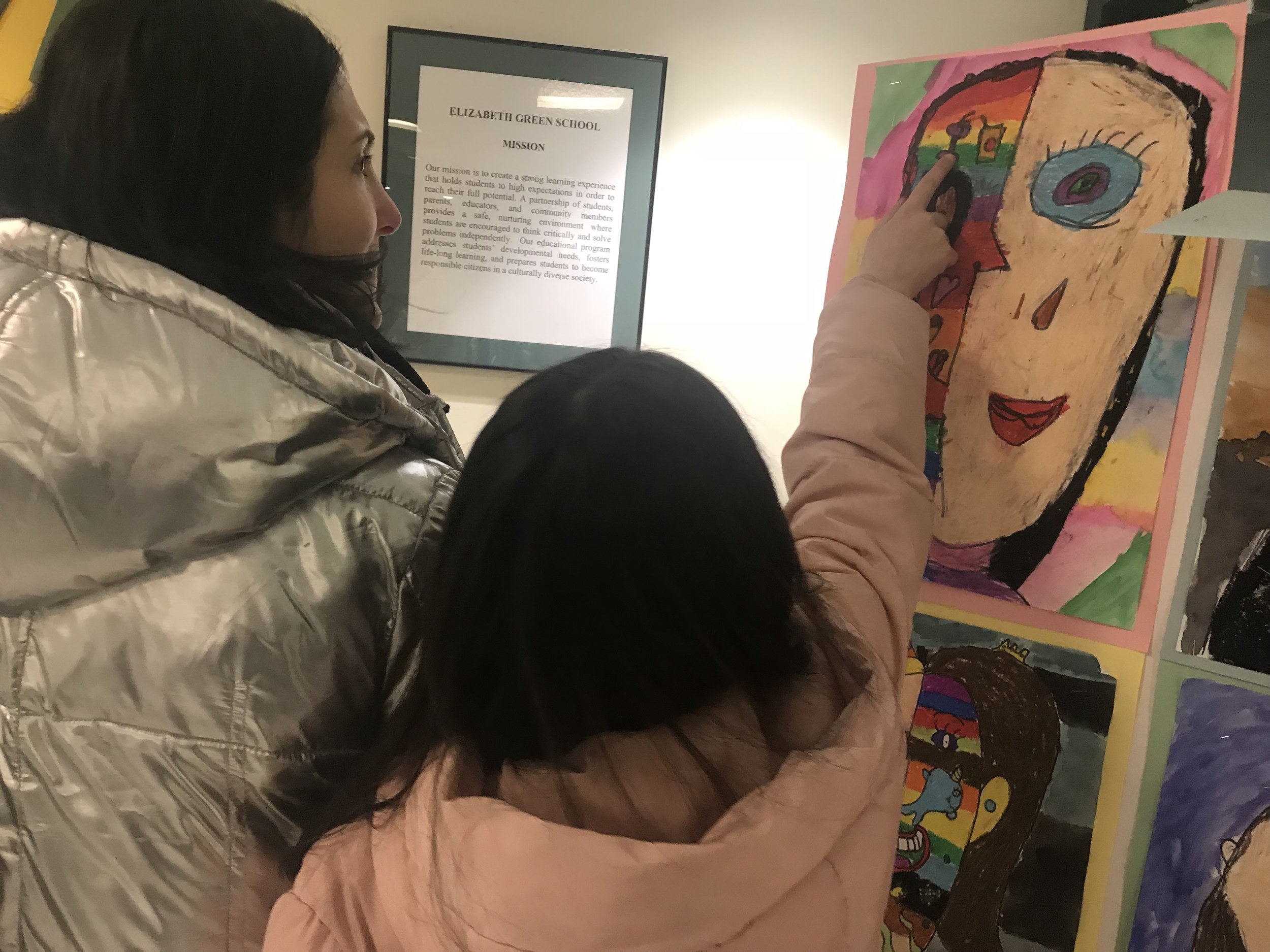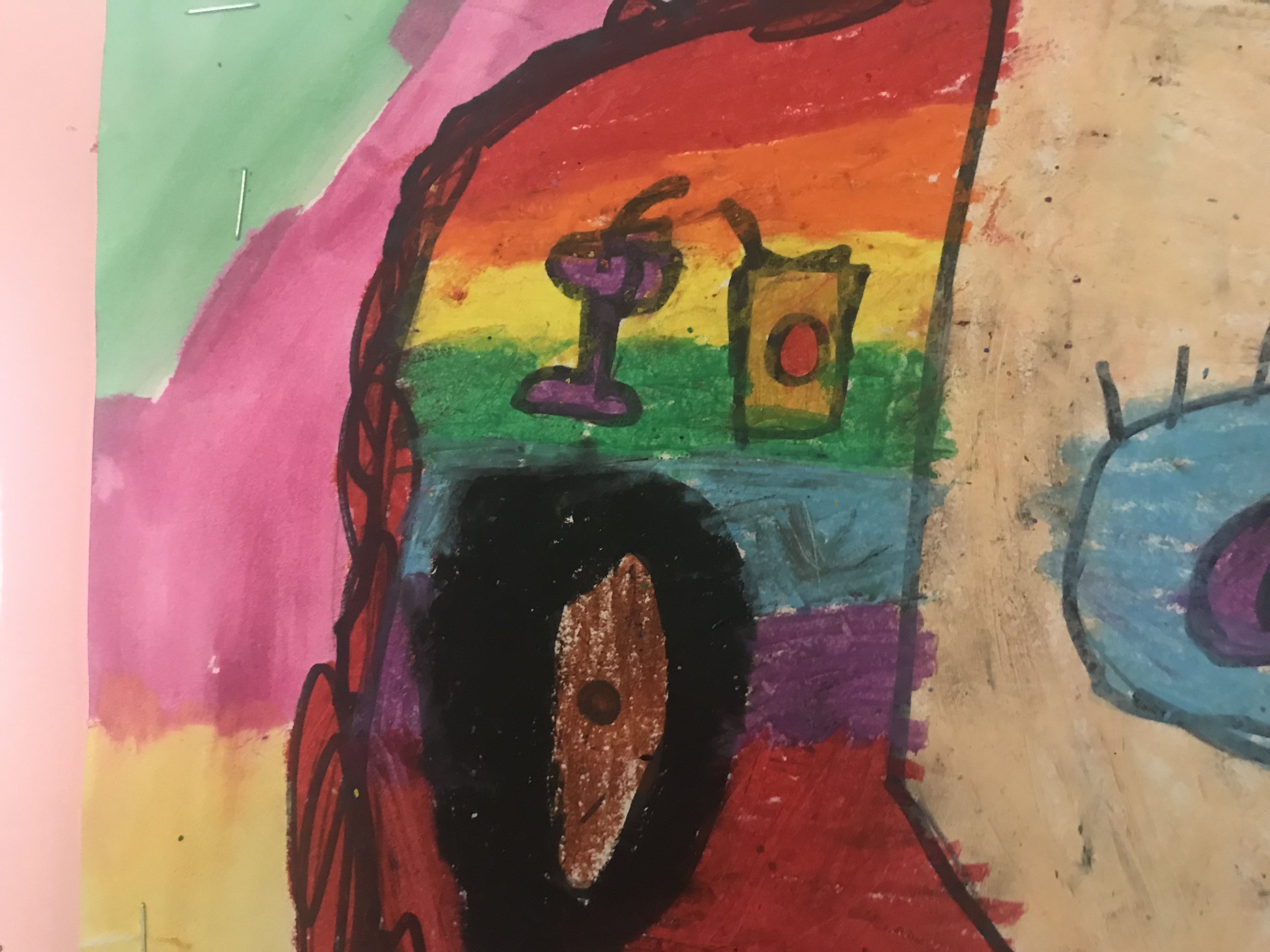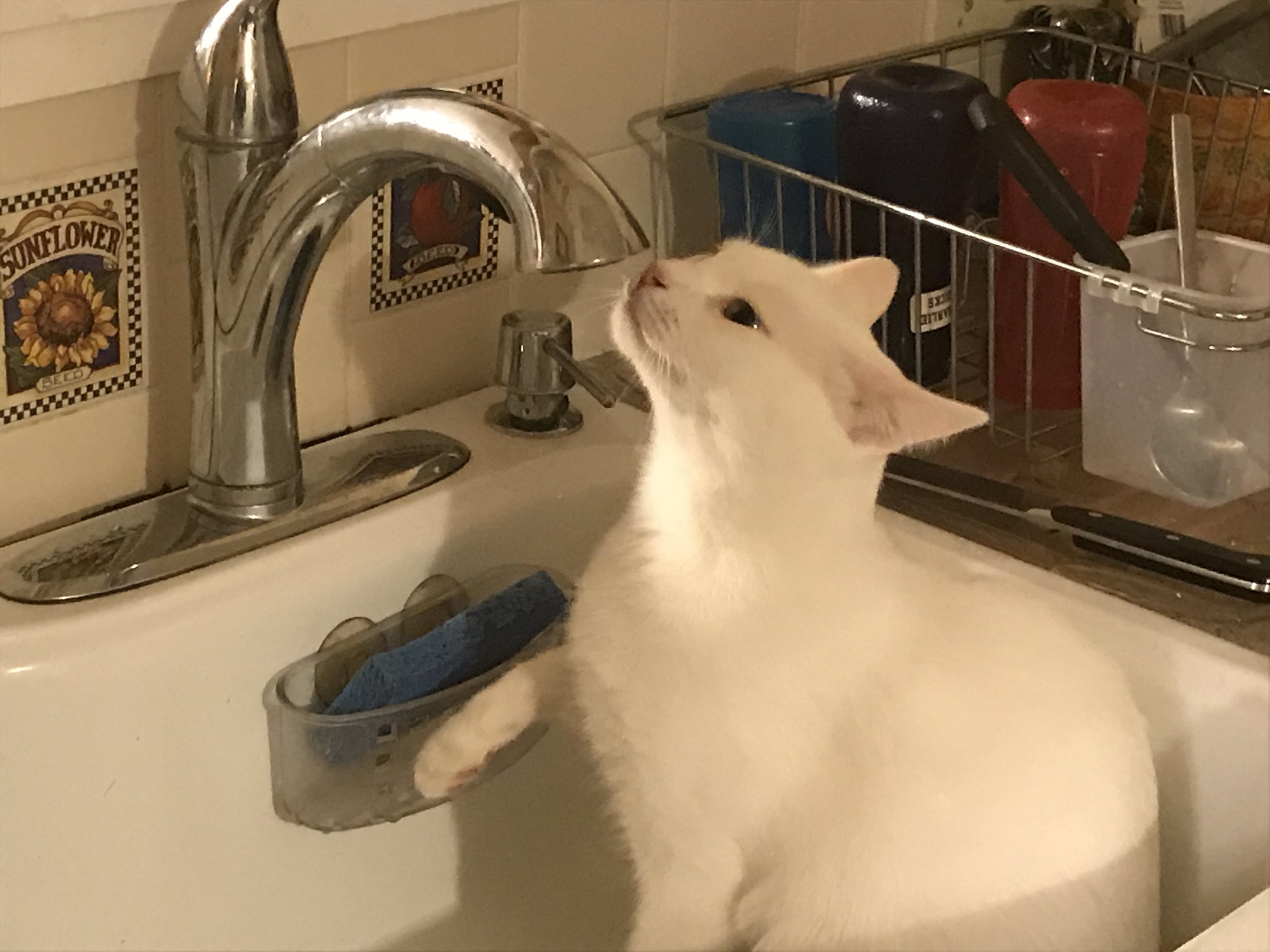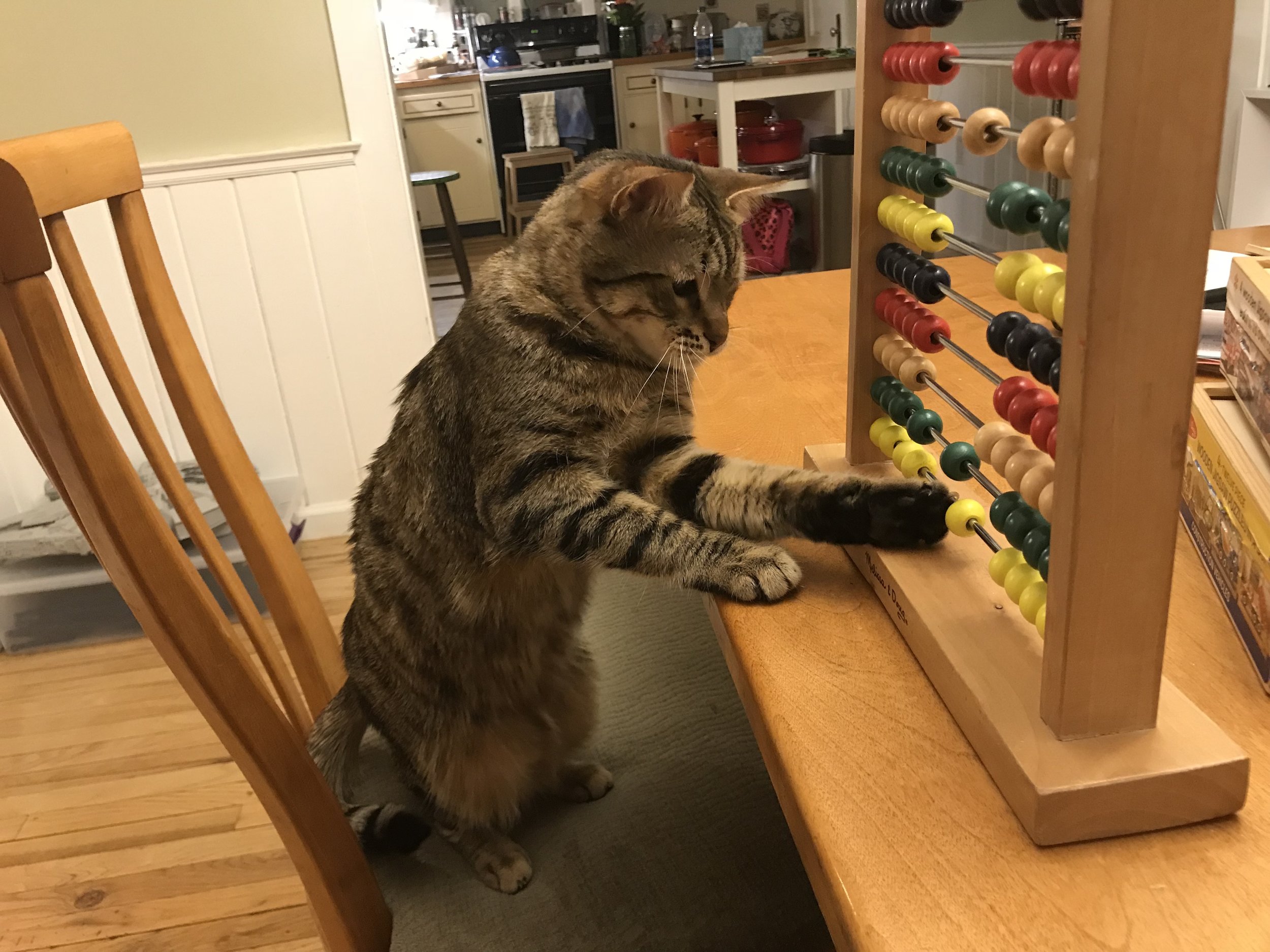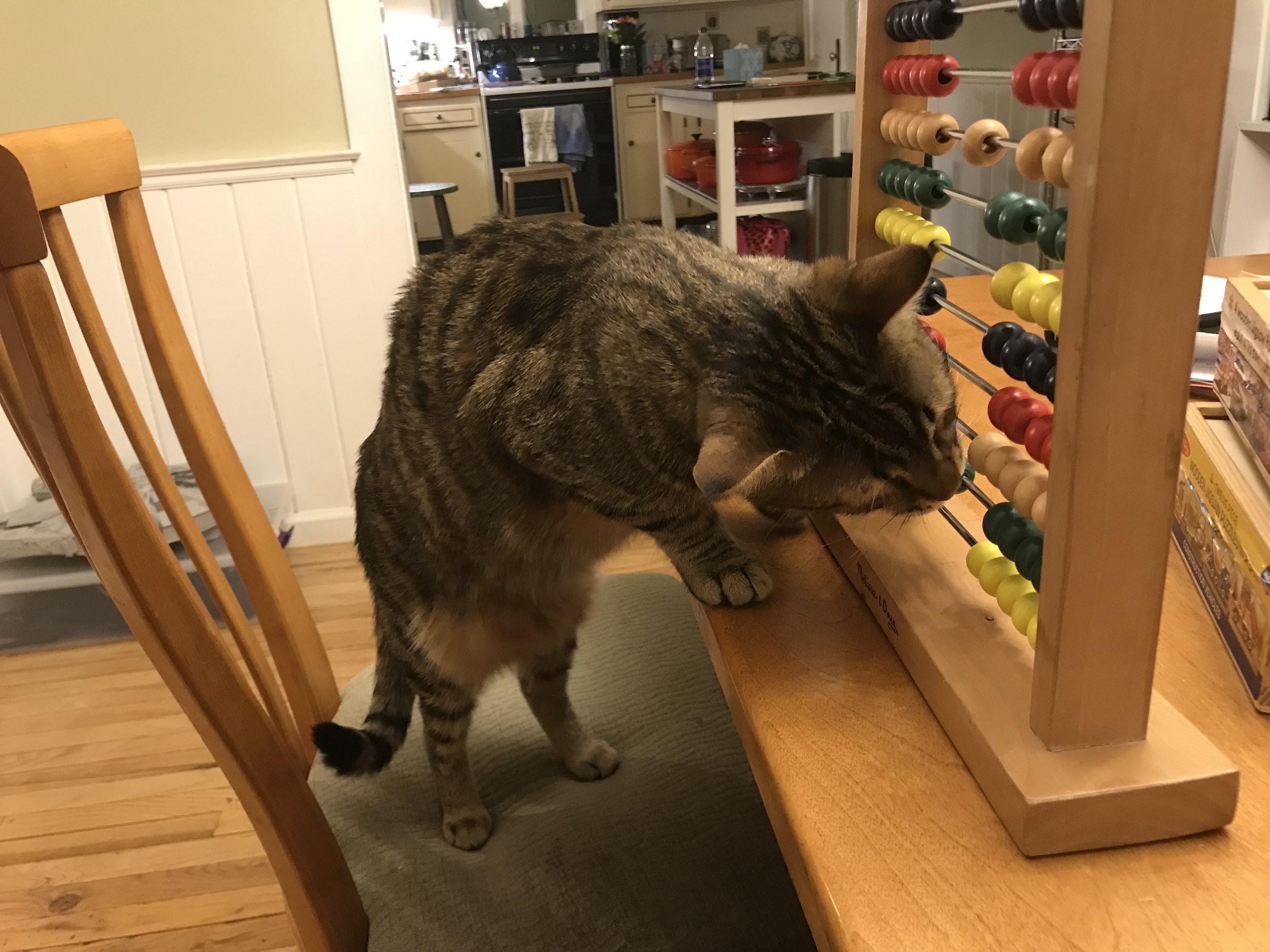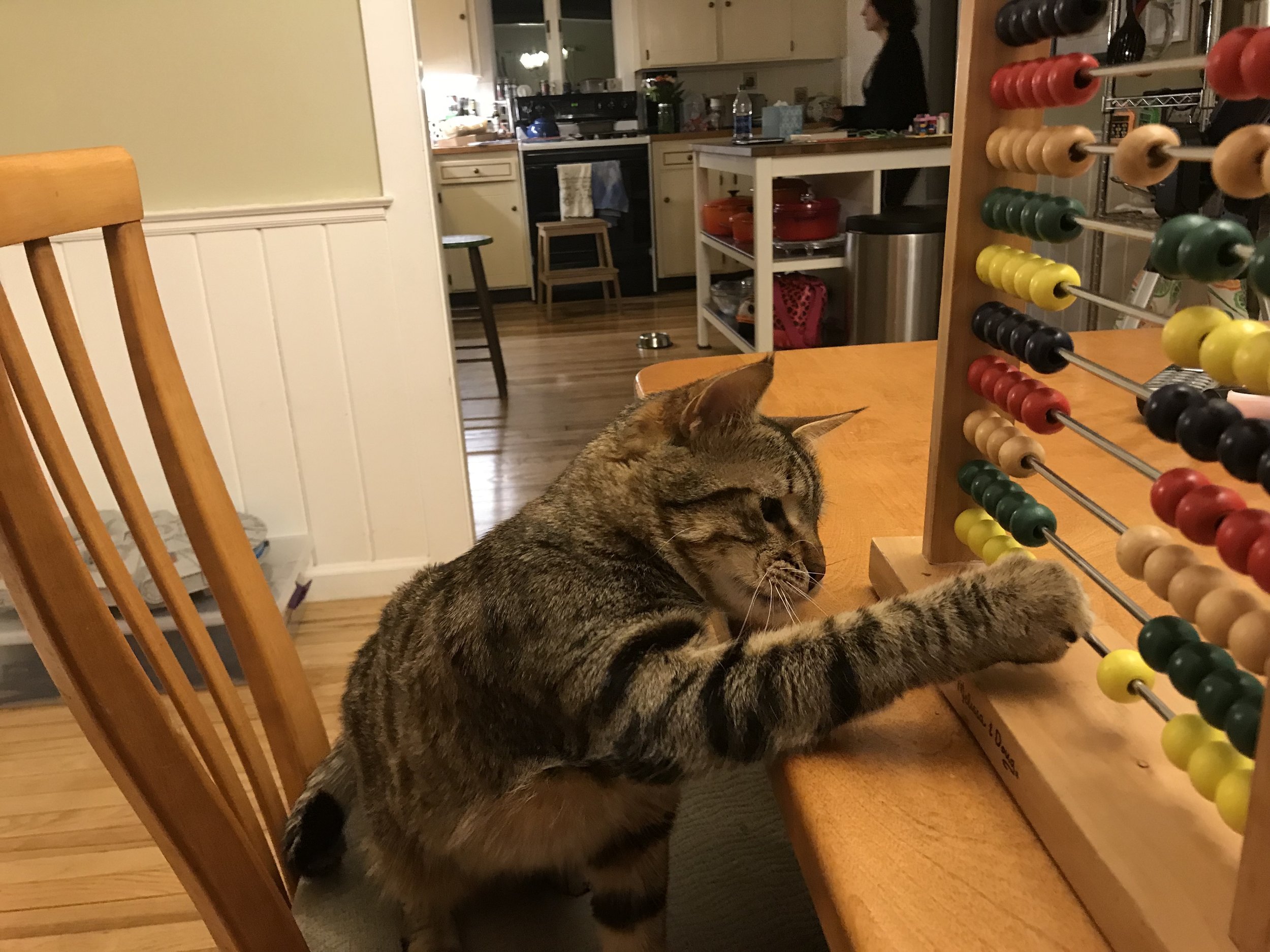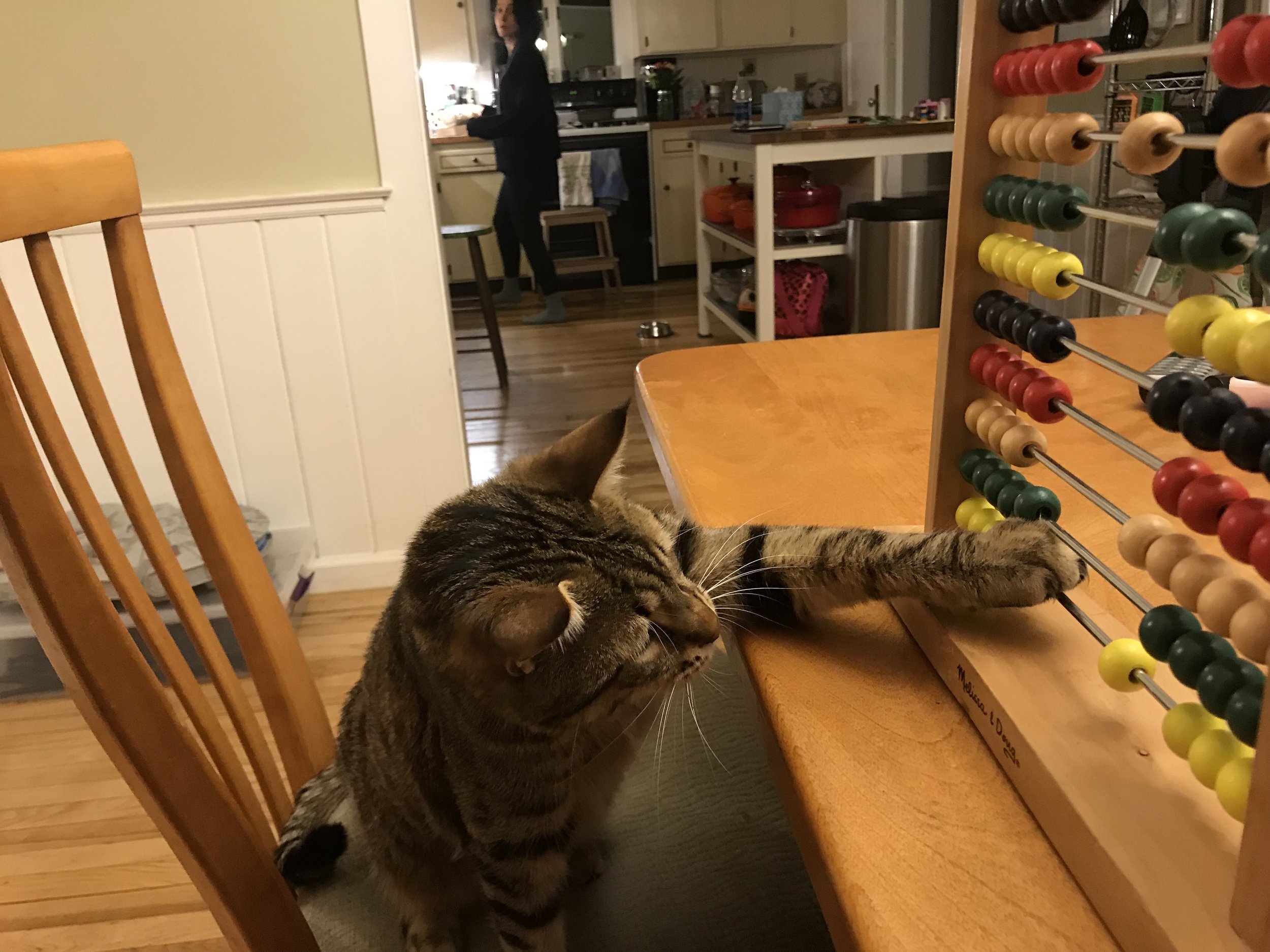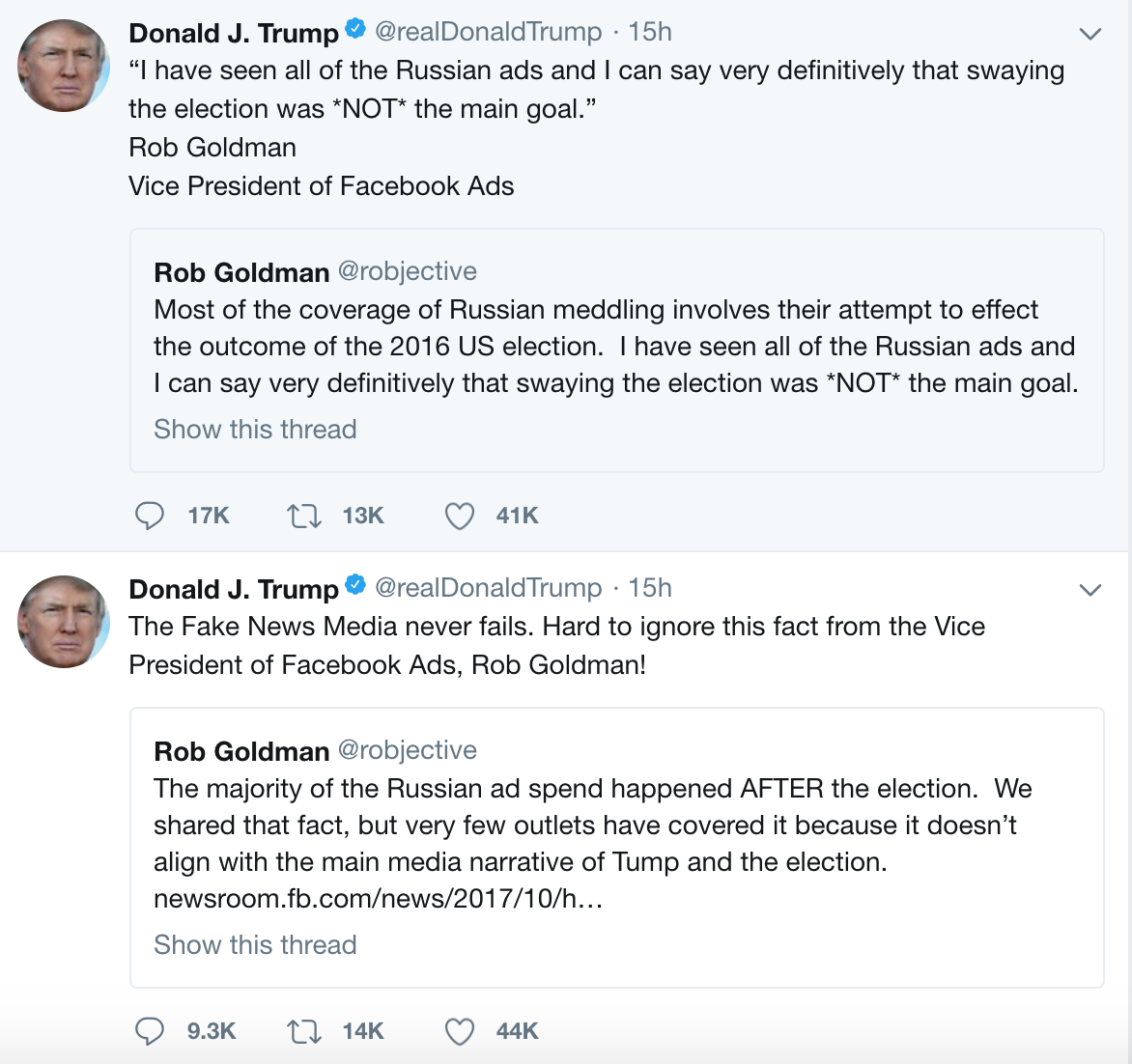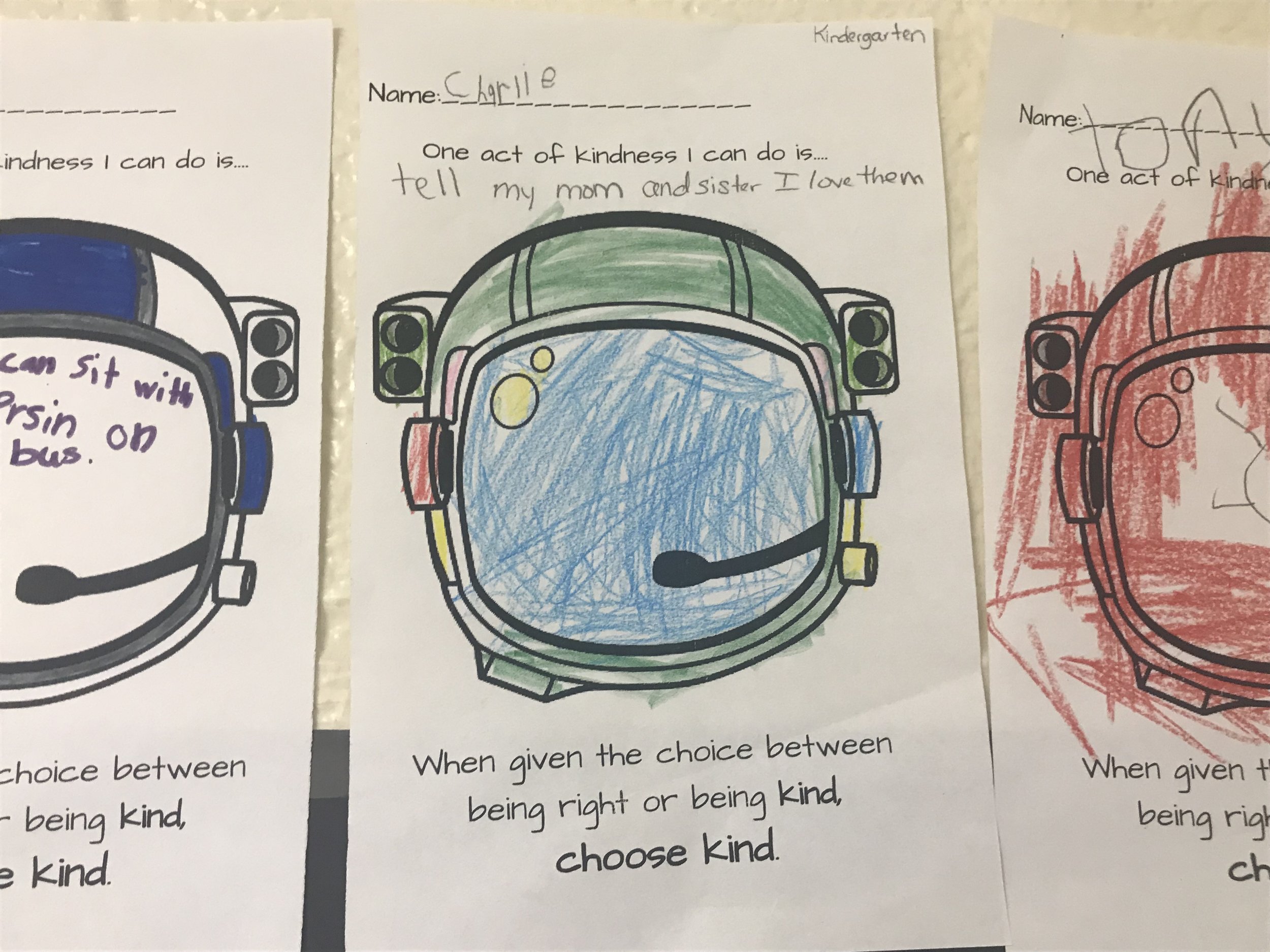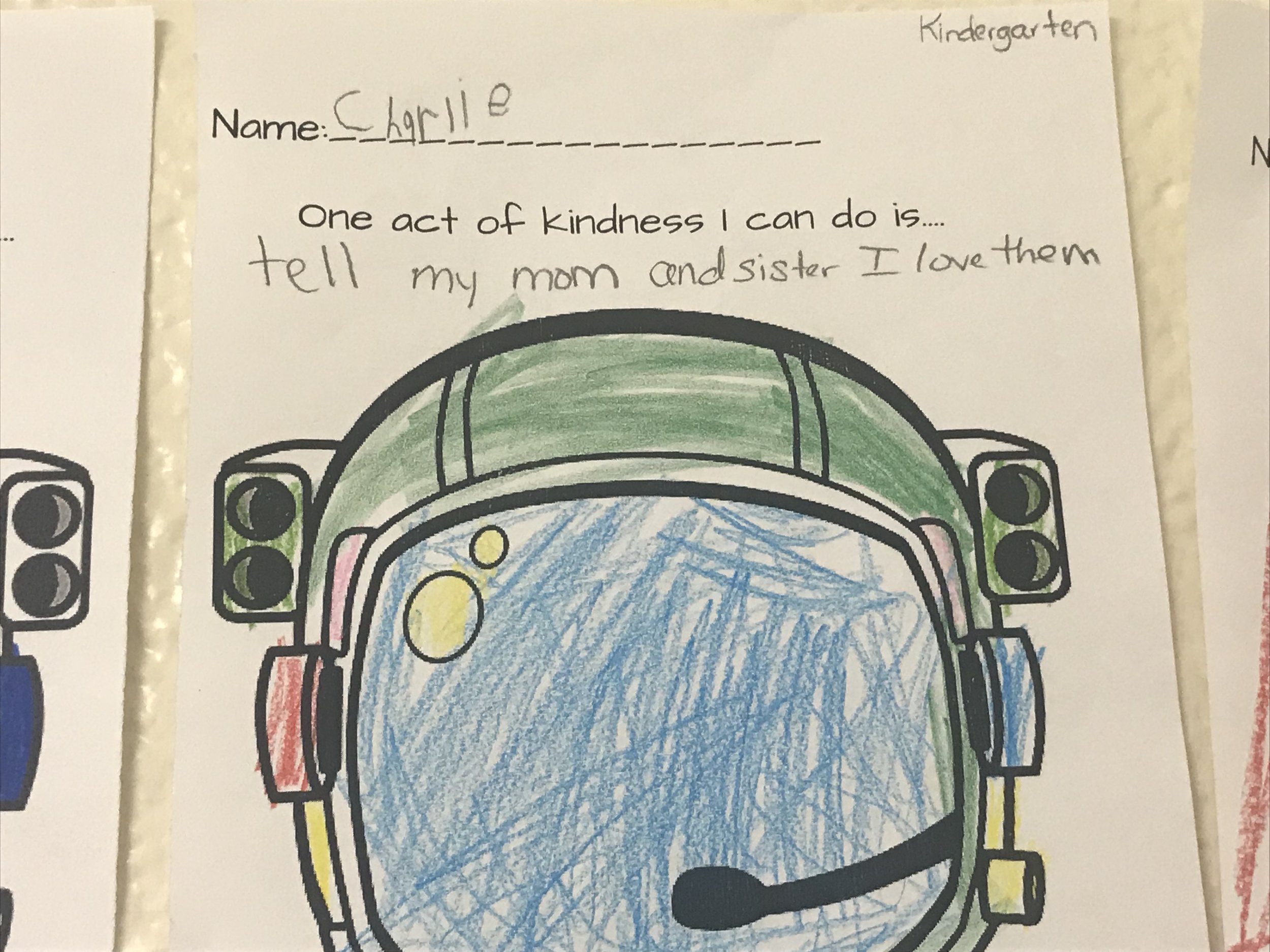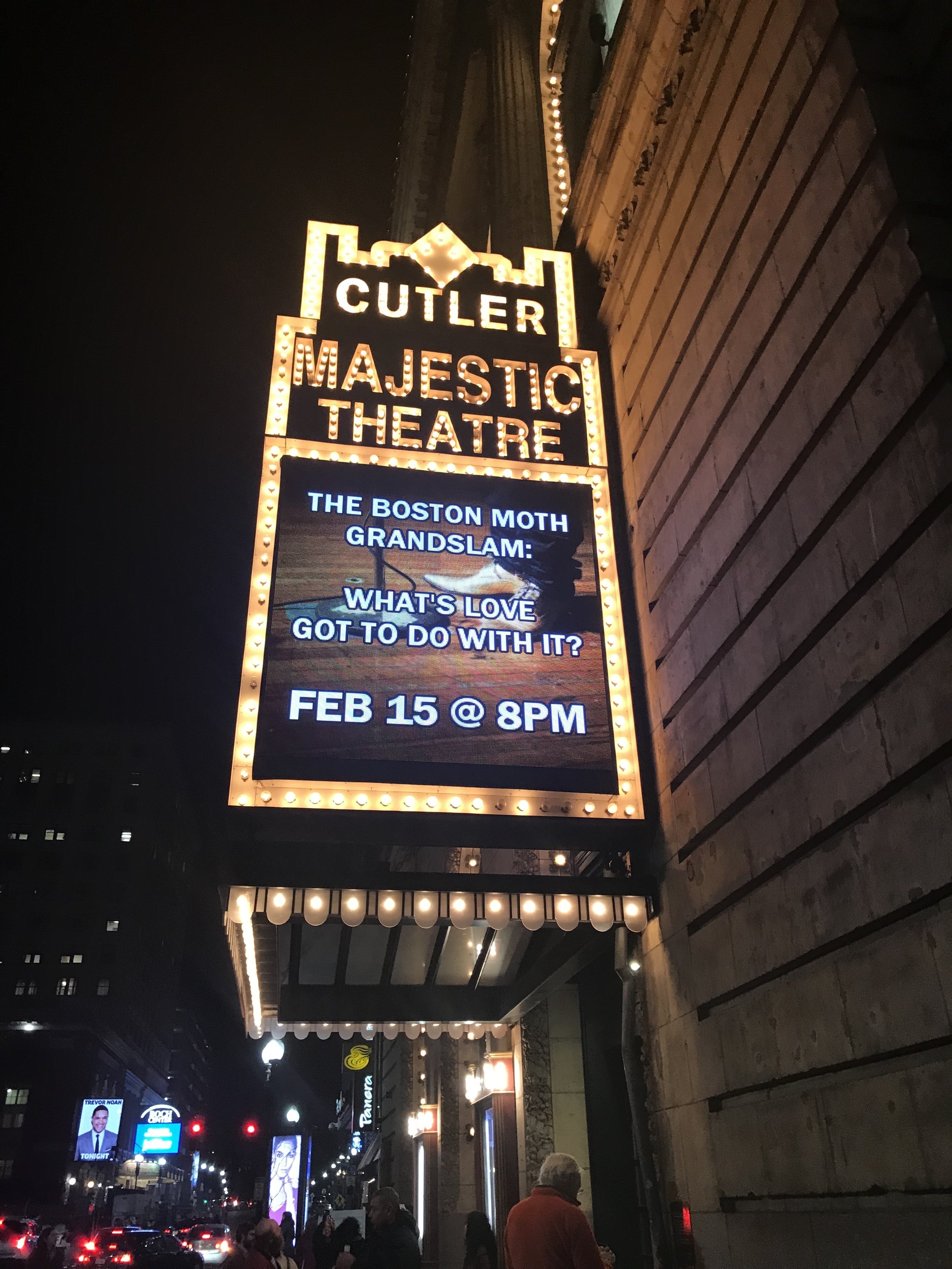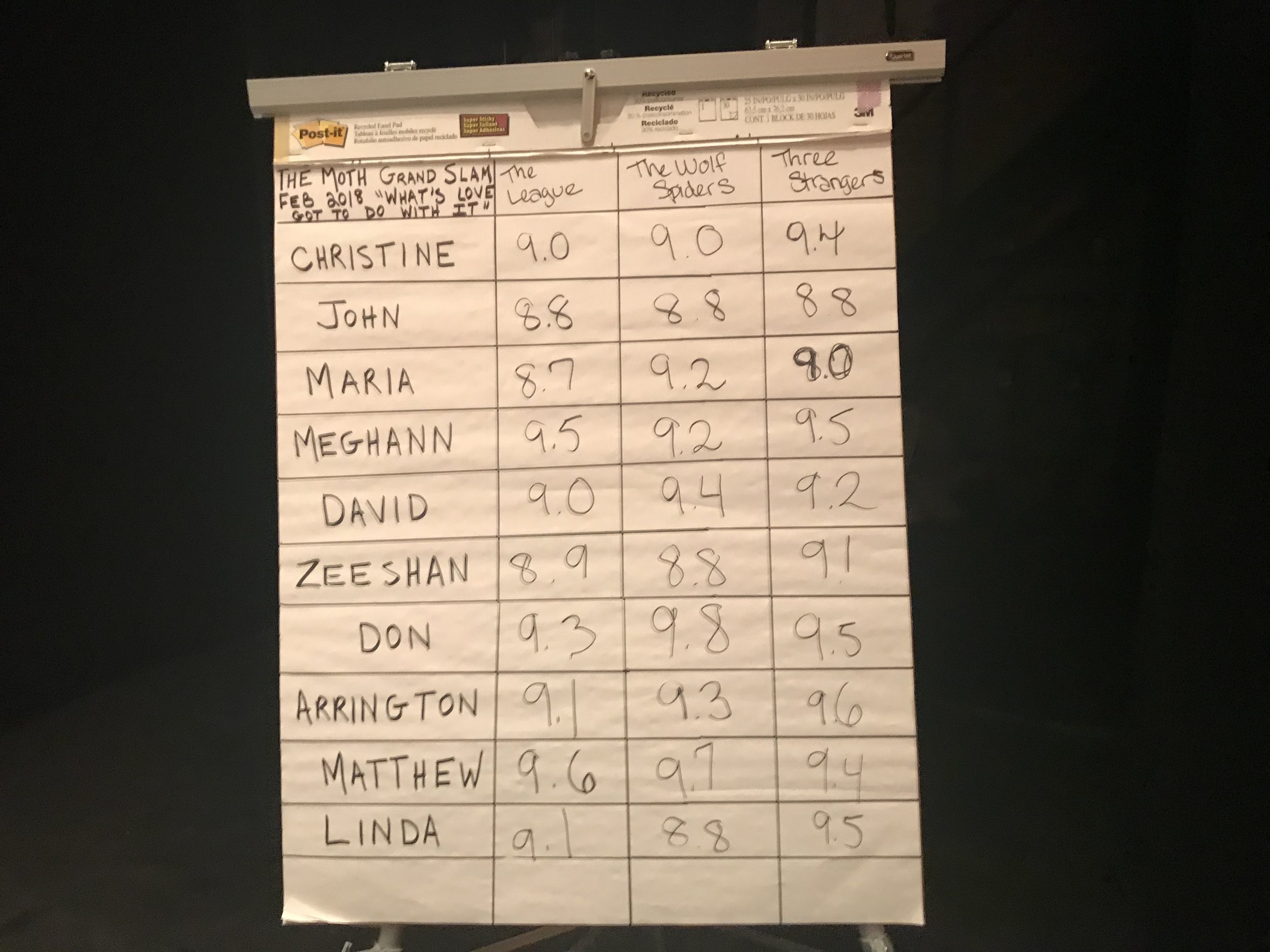PERSONAL HEALTH
1. Don’t die.
I had the flu in February, but I recovered in less than three days. Record time.
2. Lose 20 pounds.
Still four pounds down. After a great start in January, no progress in February.
3. Eat at least three servings of fruits and/or vegetables per day.
I had three servings of fruits and/or vegetables on 19 of 28 days in February.
4. Do at least 100 push-ups, 100 sit-ups, and 3 one-minute planks for five days a week.
Done.
5. Identify a yoga routine that I can commit to practicing at least three days a week.
No progress.
6. Stop using the snooze button.
Done. And I must tell you, I feel so much better when I climb out of bed when that first alarm sounds or I simply wake up.
Science is right. Snoozing is a terrible practice that you must end immediately.
WRITING CAREER
7. Complete my seventh novel before the end of 2018.
I'm in the process of revising my next novel for the UK, so the launch of this novel has not yet commenced.
However, I sent a long document to my agent outlining all of my ideas. She and I will decide on the next book in the coming week.
8. Complete my second middle grade/YA novel.
I'm in the process of revising my next novel for the UK, so the launch of this novel has not yet commenced.
9. Write at least three new picture books, including one with a female, non-white protagonist.
No progress.
10. Write a proposal for a memoir.
No progress. Once my revisions are complete, my agent and I will discuss which of these memoir ideas should be written first.
11. Write a new screenplay.
No progress.
12. Write a musical.
Initial talks for the plot, characters, number of songs, and deadlines have begun.
13. Submit at least five Op-Ed pieces to The New York Times for consideration.
I submitted one piece to The New York Times for consideration. It was a piece of advice for millennial. They passed, so I revised and posted to my blog.
14. Write a proposal for a nonfiction book related to education.
No progress.
15. Submit one or more short stories to at least three publishing outlets.
No progress.
16. Select three behaviors that I am opposed to and adopt them for one week, then write about my experiences on the blog.
No progress. I'm also looking for possible behaviors to adopt. Suggestions welcomed.
17. Increase my author newsletter subscriber base to 2,000.
4 subscribers added in February. 67 overall. At this pace, I will hit the goal by December.
18. Write at least six letters to my father.
None written in January.
19. Write 100 letters in 2018.
Twelve letters written and mailed in February. Recipients include students, my fellow performers in Kansas City, and letters of thanks to a local business, and a person at The Moth, and a friend.
20. Convert Greetings Little One into a book.
No progress.
21. Record one thing learned every week in 2018.
Done! My favorite from February:
Robert Lincoln, first son of Abraham Lincoln, was coincidentally either present or nearby when three presidential assassinations occurred.
- Lincoln was not present at his father's assassination. He was at the White House, and rushed to be with his parents.
- At President James A. Garfield's invitation, Lincoln was at the Sixth Street Train Station in Washington, D.C., where the president was shot by Charles J. Guiteau on July 2, 1881, and was an eyewitness to the event. Lincoln was serving as Garfield's Secretary of War at the time.
- At President William McKinley's invitation, Lincoln was at the Pan-American Exposition in Buffalo, New York, where the president was shot by Leon Czolgosz on September 6, 1901.
I learned this after reading a fascinating book about the assassination of James Garfield entitled Destiny of the Republic: A Tale of Madness, Medicine and the Murder of a President.
STORYTELLING
22. Produce a total of 12 Speak Up storytelling events.
We've produced one show so far in 2018.
23. Deliver a TED Talk.
I'll be delivering a TED Talk at both Wesleyan University and The Birch Wathen Lenox School in New York City in April.
24. Attend at least 15 Moth events with the intention of telling a story.
I attended two Moth events in February: a StorySLAM in Queens and a GrandSLAM in Boston.
25. Win at least three Moth StorySLAMs.
Success! I won my 35th StorySLAM last night in Queens. One down. Two to go.

